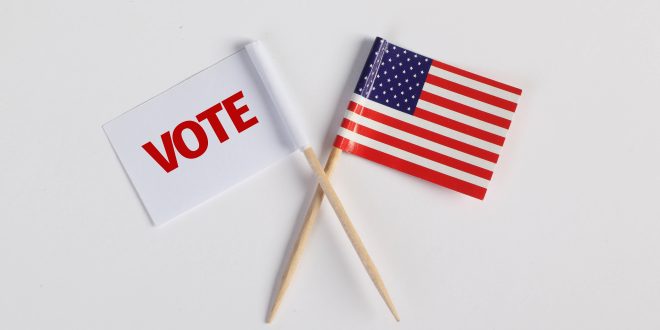Astonishingly, many college students don’t register, or even know how to vote.
College students are the future, and if it’s your desire to use your voice, then it’s time to learn what’s happening this November.
Hannah O’Donnell, english senior, spoke up about the confusion of voting as a student.
“I think that the hardest part about voting is the uncertainty with regard to how to accurately register to vote and confusion as to what voting means,” Hannah said.
Luckily, the pandemic hasn’t affected voting in Georgia.
First things first, you have to register. In Georgia, you need a valid driver’s license to register online. Otherwise, you have to mail a paper application which is easily accessible by going to registertovote.sos.ga.gov or at the local Board of Elections at 2808 N Oak St in Valdosta, Ga.
There, you’ll find requirements such as: being a citizen and at least 17.5 years of age. The last day to register in Georgia is Oct. 5, and it will take two to four weeks to receive acknowledgement, so now is the time to get started. As a student, our voices and votes are equally as important as anyone else’s.
If you’re registered to vote back home, you can request an absentee ballot by 30 days before the election or change your registration date to your VSU address.
You can find registration forms and absentee applications at the Office of Student Diversity and Inclusion on the 3rd floor of the Student Union. Find more information on absentee voting by visiting vote.org.
If you have no clue who is on the ballot or what you’re going to be voting for, a great resource is vote411.org. Here, you can find your personalized voting information, including where you can go to vote on November 3. As of now, the place to vote is Trinity Presbyterian Church at 3501 Bemiss Rd in Valdosta, GA.
For students who live on campus, VSU has their own polling location at the University Center, entrance two at 1215 N. Patterson St in the Executive Dining Room.
Mason Bennett, english and anthropology senior, confronted one of the biggest challenges of voting as finding the right place to look for information.
“The greatest challenge with voting to me is being well-informed when deciding whom to vote for,” said Bennet. “There is so much misinformation out there that separating truth and falseness can be difficult to say the least.”.
There are endless biased news sources out there, and while being biased isn’t always a terrible thing, biased media can be misleading and manipulative. It’s always best to find the most unbiased sources as they are the most reliable.
Indicators that your source may be biased include:
- The use of words that cause a certain emotion (Would the use of different words cause the same emotion?)
- The use of emotions over logic
- You are able to identify the writer’s political view
- The usage of underestimation and overestimation
If you’re wondering how biased (or unbiased) your favorite news source is, check out the chart on allsides.com/media-bias/media-bias-chart. There are also reliable places to check your facts found on guides.libs.uga.edu/factchecknews.
If you have no idea what political party your beliefs fall under, isidewith.com offers a 2020 political quiz to help you figure out which party holds those same beliefs. As young America, our voices need to be heard. One of the biggest ways to use your voice is through voting.
Check out Blaze the Ballot by the Office of Student Diversity and Inclusion for more information and advice on voting as a VSU student!
Story written by Jonnie Brewer, Staff writer. Photo courtesy of Flickr.
 The Spectator The independent student newspaper of Valdosta State University
The Spectator The independent student newspaper of Valdosta State University







